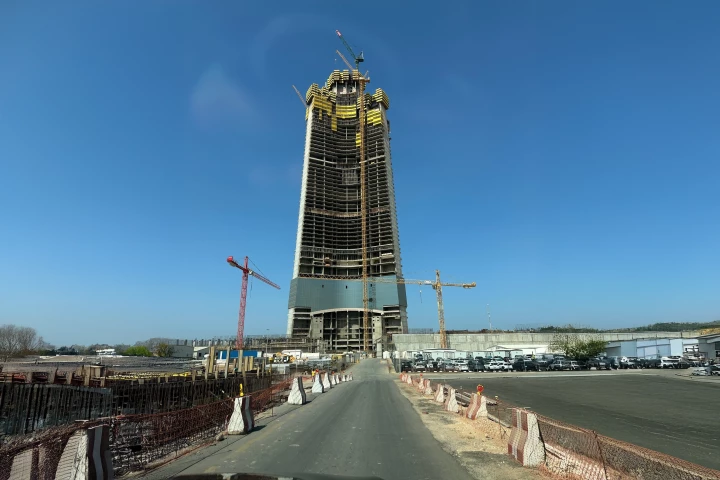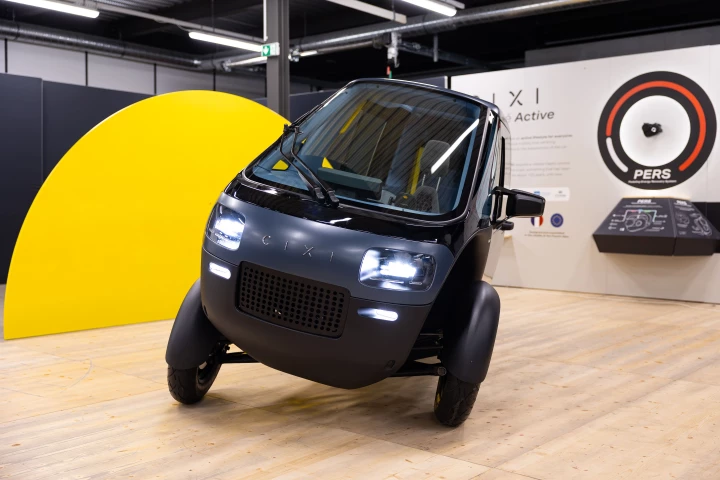If electric vehicles are to ultimately become as popular as Tesla hopes they will, then a whole lot of cost-effective batteries are going to be needed. That's why earlier this year, the automaker proposed a "Gigafactory" where it could crank out huge quantities of batteries. By making so many, it could drive down the price per battery via economy of scale. Yesterday, the company announced that it and Panasonic had signed an agreement to build that factory.
As mentioned in our previous article, Tesla plans for the Gigafactory to produce 500,000 batteries per year by 2020, with expected battery cell output of 35 GWh/yr and battery pack output of 50 GWh/yr. Current global battery output, from a variety of manufacturers, sits at just under 35 GWh/yr.
According to yesterday's announcement, "Tesla will prepare, provide and manage the land, buildings and utilities [while] Panasonic will manufacture and supply cylindrical lithium-ion cells and invest in the associated equipment, machinery, and other manufacturing tools based on their mutual approval."
The factory will be be located somewhere in the US and managed by Tesla, with Panasonic occupying about half of the manufacturing space and taking the role of principal partner. Although the cells will be made by Panasonic, Tesla will be incorporating them into battery modules and packs that it will be assembling.
Along with lowering the price of batteries by making them in large numbers, Tesla and Panasonic also plan on reducing costs by manufacturing cells tailored specifically to EVs, locating materials suppliers on-site, and implementing measures to lower the utility and operating expenses of the factory.
There's currently no word on when the Gigafactory is expected to open, although it is hoped to be employing approximately 6,500 people by 2020.
Source: Tesla




